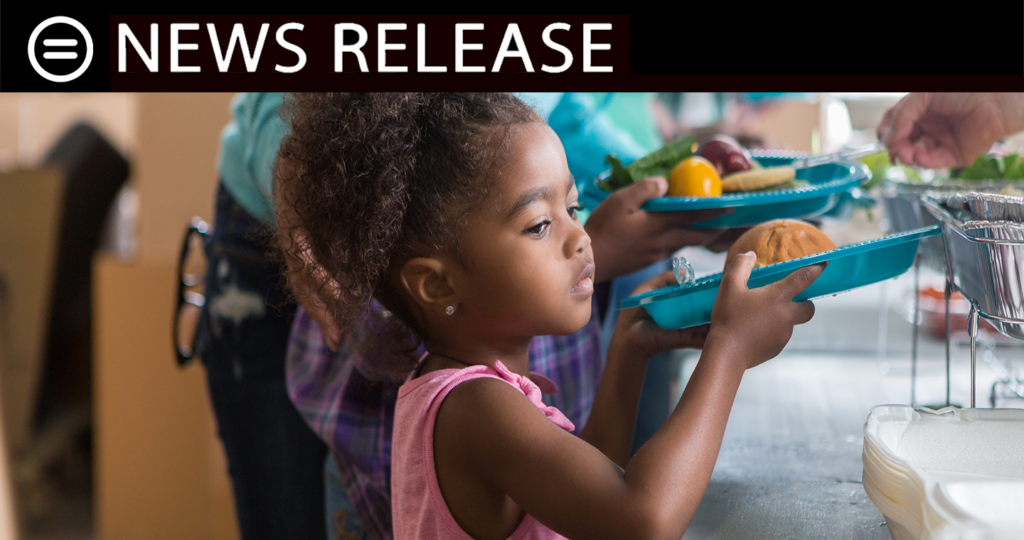By National Urban League
Published 11 AM EDT, Tue Jan 11, 2024
NATIONAL URBAN LEAGUE CALLS FOR EXPANDED CHILD TAX CREDIT TO LIFT FAMILIES OUT OF POVERTY
WASHINGTON, D.C. – Too many families and children of color have struggled with poverty for too long. An expanded Child Tax Credit can lead them to economic stability.
Redlining, credit discrimination, lack of investment in education and affordable housing, and other longstanding, systemic problems have limited economic opportunity for families of color and created a persistent racial wealth gap. As a result, Black and Latino children are much more likely than white children to live in poverty. Expanding the Child Tax Credit (CTC) is a proven method to reduce child poverty and improve economic mobility, particularly for families of color, without reducing workforce participation.
The temporary CTC expansion, made possible by President Biden’s American Rescue Plan, lifted 40% of children out of poverty. CTC expansion primarily benefited Black and Latino families, as well as families with the lowest incomes, who were more likely to miss out on the total credit under prior law due to making too little income. The previous success of the CTC proves that lawmakers know how to eradicate poverty—it is a policy choice, not an inevitability.
We urge Congress to include the full expansion of the CTC in the tax package they are currently negotiating.
Facts:
- The most common way parents reported spending their monthly CTC payments was toward bills, food, groceries, and rent/mortgage payments. While these expenses didn’t end for families in 2022, the CTC monthly payments have unfortunately expired.
- Families haven’t received a monthly payment since December 2021. After the monthly CTC payments ended, 3.7 million more children were living in poverty after just one month, and Black and Latino children experienced the largest percentage-point increases in poverty.
- Children from all racial and ethnic groups would benefit from the expansion of the CTC, and racial and ethnic disparities in poverty rates would narrow. Poverty among Black children would be cut in half, falling by 10.3 percentage points, and rates for white children would fall by 3.3 percentage points.
